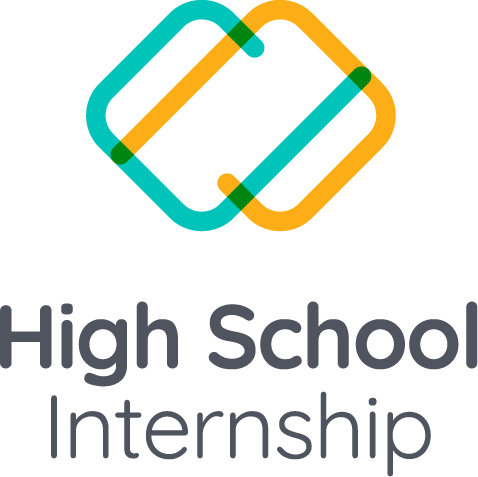A growing chorus of employers is voicing frustration about job applicants who are technically proficient, with touted high grades and test scores but lacking in key skills such as communication, decision-making, and problem-solving that are necessary to successfully do the jobs they have applied for. To better prepare students for professions in the 21st century, educators are increasingly combining project-based learning and personalized learning.
Project-Based Learning (PBL) blends content mastery, meaningful work, and personal connection to create powerful learning experiences, in terms of both academic achievement and students’ personal growth. PBL can be transformative for students, especially those who lack access to school-time educational opportunities such as workplace internships.
Project-Based Learning allows students to actively participate in activities that have real-world relevance and application. For example, students can solve problems that are important to them and their communities. At its best, PBL leads to deeper understanding and greater retention of content knowledge, with students better able to apply what they know to new situations thanks to a personal connection to their academic experience.
Let’s look deeper to see how project-based learning integrates technology and personalized student learning.

